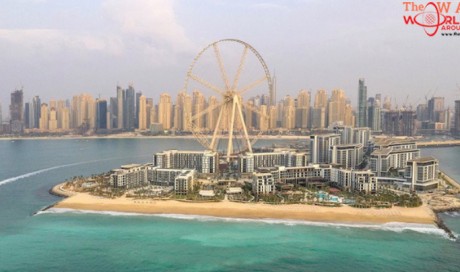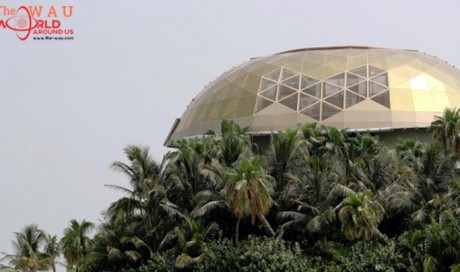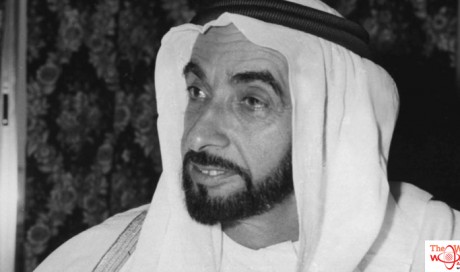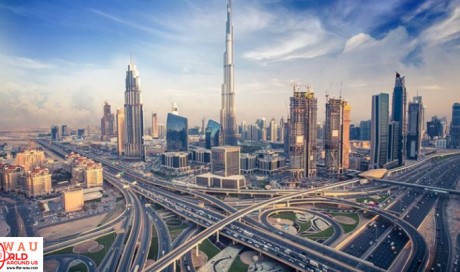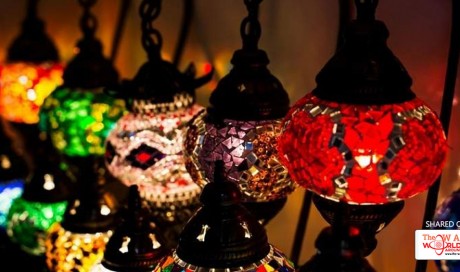Political Life
Government. The UAE has a federal government that is made up of several organs: the president and his deputy, the Supreme Council, the cabinet, the Federal National Council, and an independent judiciary with a federal supreme court. The Supreme Council has both legislative and executive powers and includes the rulers of the seven emirates. The cabinet consists of ministers drawn mainly from the ruling families of the emirates.
Leadership and Political Officials. The fact that the traditional tribal system of government each emirate was based on similar political principles facilitated the establishment of the UAE. Hereditary dynastic family rule still operates in each emirate as a local government system under the umbrella of the federal system. Members of the ruling families occupy the most important positions in their political administrations. While the political system continues to retain some of its traditional values at formal and informal levels, it has been able to keep pace with economic and social change. The sheikhs are highly regarded for performing the dual roles of modernizers and guardians of the cultural heritage. They still have traditional majlis where citizens have access to their leaders.
Social Welfare and Change Programs
The development of the infrastructure has been impressive. The welfare system offers womb-to-tomb free state services for all nationals, including high-quality health care, education up to the tertiary level, social security, family allowances, subsided electricity and water, and housing for low-income groups. This is a major way of distributing oil wealth among the national population. The immigrant population also benefits to some extent, particularly in regard to medical care.
NonGovernmental Organizations and Other Associations
There were 103 Associations of Public Benefit in 1999, serving interests of many groups and identified with heritage preservation, immigrant communities, professional groups, culture, women, religion, sports, and general humanitarian services. Their role is seen as complementary to that of governmental institutions.
Gender Roles and Statuses
Division of Labor by Gender. Modern economic roles and social status reflect both change and continuity for women. Schools and universities are segregated, and levels of enrollment of girls and their performance are impressive. In higher education, female students outnumber males two to one. However, women's participation in the labor force remains one of the lowest in the world at 6 percent in 1990. In spite of new employment opportunities, most women opt for marriage and raising children. UAE society places a high value on those roles. Conservative cultural attitudes lead women to seek jobs that do not involve mixing with men or commuting far from home. Subsequently, most women are employed in education, health, and civil service.
The Relative Status of Women and Men. Official statements affirm that men and women have equal rights and opportunities to advance themselves and the nation, yet patriarchy as a generalized ideology is still visible in social life. Men continue to receive employment preferences in high state administration and private businesses. Women do not play a significant role in politics and religious life, as these areas are considered male domains.
Marriage, Family, and Kinship
Marriage. Arranged endogamous marriage within the kinship (tribal) units was the preferred pattern in the preoil period, but this pattern has changed somewhat. Individuals now have greater choice, yet many nationals still prefer arranged marriages. Emiratis are strongly discouraged from marrying nonnationals, and a young man receives $19,000 from the Marriage Fund if he marries a national. As prescribed by Islam, a man is allowed up to four wives, but most men have only one wife.
Domestic Unit. The traditional household unit of the extended family has been undermined, as over 80 percent of national households live as nuclear families in their own houses. Large families are encouraged by the state as a national policy, and family size is six to eight children. The husband's authority is declining, while the wife is gaining importance as a mother and the manager of the domestic unit. On average, each household employs two live-in domestic servants, usually Asian.
Kin Groups. UAE society is family- and kin-oriented. Tribal kinship units play a significant role in social identification and one's standing in the community. Most families prefer to live in the same neighborhood as their kin.
Socialization
Child Rearing and Education. Children are showered with care, affection, and physical contact. They are raised to be respectful toward their parents and elders and grow up to be skilled in interaction with a large number of relatives. Up to age 5, a child is referred to as jahel ("the one who does not know"), and there is a tolerant attitude toward children's behavior. Most families employ maids to share child caretaking, and this has introduced a foreign cultural element to child socialization, although a maid's influence is viewed as negative. The school system has undertaken a greater role in children's socialization, significantly reducing the family's role in this process.
Higher Education. The government views higher education as a major instrument for development. The UAE has one of the highest ratios of students entering higher education in the world. There are seven universities and eleven higher colleges of technology.
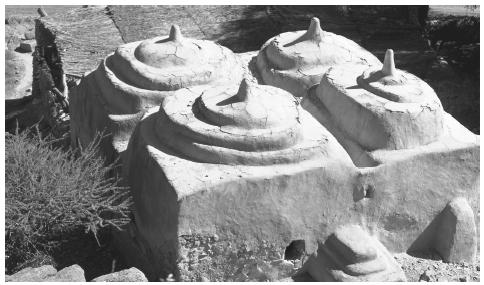
...[ Continue to next page ]
Share This Post

